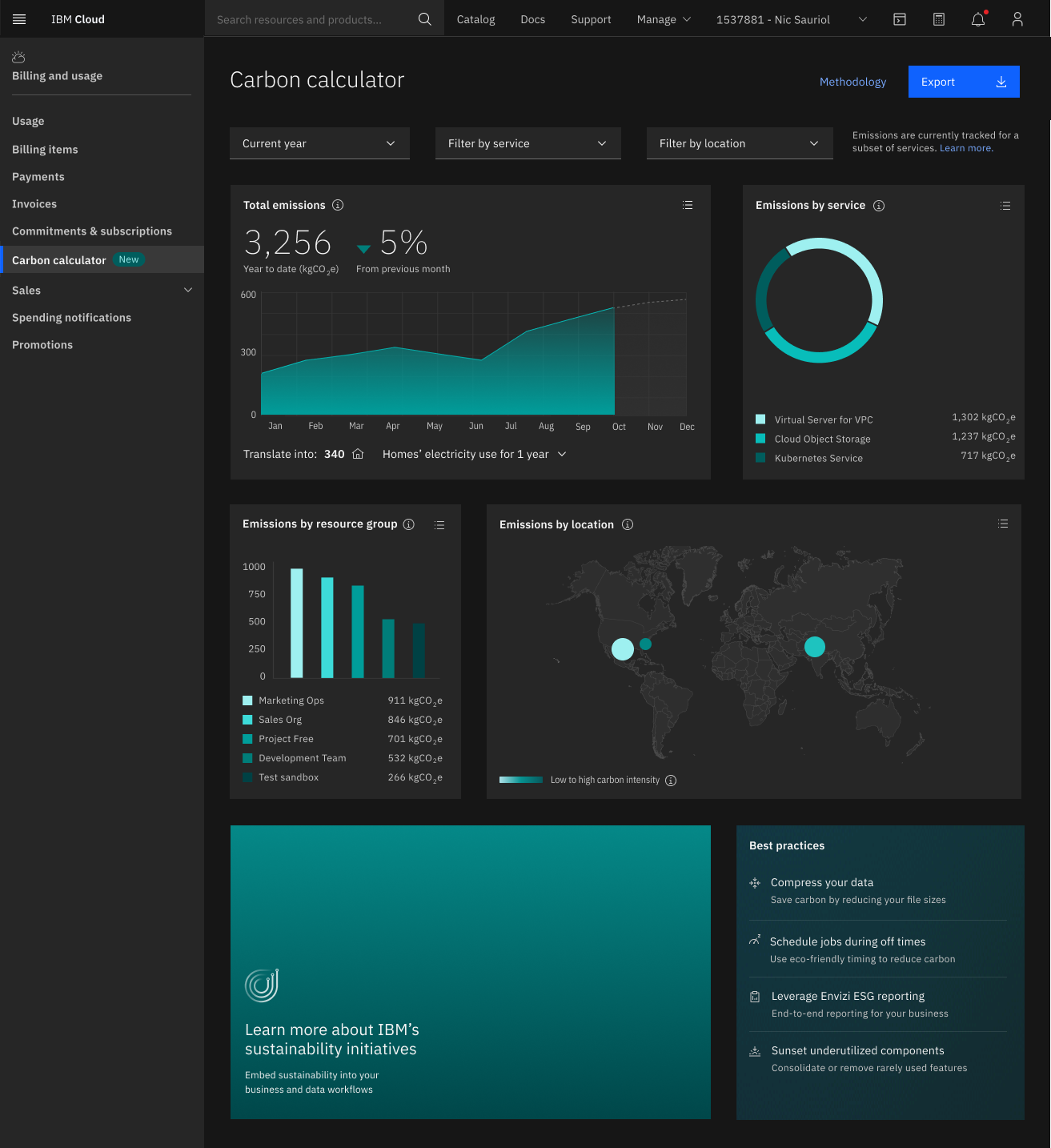MOUNT PROSPECT, IL, and ARMONK, NY – The National Association of Boards of Pharmacy® (NABP®) and IBM Consulting are pleased to announce their collaboration to build Pulse by NABP™, a new digital platform that is intended to bring visibility to the drug supply chain and help protect patients from counterfeit or substandard prescription medications. Launching in late summer 2023, the platform is designed to facilitate manufacturers, wholesalers, pharmacies, and regulators to identify counterfeit or substandard prescription medications and connect with each other when required; provide authorized partners with capabilities to help them accurately trace prescription medications throughout the supply chain; and give patients more confidence that their prescriptions are legitimate.
Pulse can help users improve patient safety by assisting them in identifying the threats created due to the ever-increasing complexity of the supply chain, including falsified, substandard, or counterfeit drugs and “grey market” companies.
Pulse is expected to address the urgent and critical industry need for compliance with the United States Drug Supply Chain Security Act (DSCSA), which must be fully implemented in November 2023. NABP and IBM Consulting are incorporating solutions into the platform that will address gaps in interoperability identified during workshops and pilots conducted with stakeholders from across the supply chain. For example, trading partners are currently required to participate in “systems of systems” that are often fragmented and focused on single-solution providers. When launched, Pulse is intended to serve as a single, voluntary directory for trading partners. Through this independent platform, authorized trading partners will also have access to product tracing tools, be able to determine the legitimacy of trace requests, and communicate in a mode suited to their needs.
“Patients need to be able to trust the safety of the drugs they’re prescribed,” said NABP Executive Director/Secretary Lemrey “Al” Carter, PharmD, MS, RPh. “We’re excited to launch Pulse by NABP because we believe it can significantly improve the safety and transparency of the drug supply chain in the US, benefiting patients as well as regulators, manufacturers, wholesalers, and dispensers. We selected IBM Consulting as our implementation partner because they have the deep business and product strategy, technology, and industry expertise to help us build and maintain a digital platform that’s secure, user friendly, and can integrate seamlessly with participating organizations’ IT architectures.”
“NABP is the right organization to convene the ecosystem and establish a truly industry-changing solution to improve the safety and visibility of the pharmaceutical supply chain in the US,” said Luq Niazi, Global Managing Partner, Industries, IBM Consulting. “The more connected the pharmaceutical supply chain is, with the right technology platform, the easier it can be for drug manufacturers, drug distributors and pharmacies to improve patient safety. We’re proud to be NABP’s implementation partner to build a platform that can meet the ecosystem’s needs for data security, reliability, and scale.”
Meeting the Requirements of DSCSA
The DSCSA includes the requirement to electronically track and make available prescription drugs’ ownership transaction records. Pulse can serve as the critical tool that connects state regulators and trading partners, helping them ensure the legitimacy of prescription medications.
To support organizations navigating the complex process of DSCSA compliance, Pulse will provide access to user-friendly tools and a comprehensive network of verified relationships, enabling consistent communication with trusted trading partners of all sizes across the pharmaceutical supply chain. Pulse will also offer educational programs to help platform users prepare for DSCSA compliance.
A Digital Platform Designed to Support an Ecosystem
NABP began working on the network for the Pulse platform in fall 2021 after stakeholders from across the industry requested assistance identifying and addressing gaps in interoperability among all sectors and state regulators. The platform has been informed by collaborative input from all sectors of the supply chain, including 12 state boards of pharmacy, 22 solution providers, and over 40 trading partners (consisting of large and small dispensers, wholesalers, and manufacturers). Pilot participants included AmerisourceBergen, Cardinal Health, CVS Health, Genentech, Johnson and Johnson, McKesson, Pfizer, Rite Aid, Sanofi, Walgreens, and other leading organizations.
Powered by automation and other technologies, such as MediLedger Product Verification System, Pulse is designed to integrate application programming interfaces (APIs) from solution providers that allow for searching trading partners, verifying authorized trading partner status, transmitting digital credentials, and electronic tracing. Manufacturers, distributors, dispensers, regulators, and solution providers will have the opportunity to benefit from the secure, efficient, and trusted communications provided by the Pulse platform. Providing options for small- to large-scale organizations across the supply chain, the intuitive user experience is designed to help reduce manual work.
Learn more about Pulse and DSCSA compliance at https://pulse.pharmacy.
For more information about IBM Consulting, visit www.ibm.com/consulting.
About NABP
NABP is the independent, international, and impartial 501(c)(3) nonprofit Association that assists its state member boards and jurisdictions for the purpose of protecting the public health. NABP was established in 1904 to assist the state boards of pharmacy in creating uniform education and licensure standards. Today, we help support patient and prescription drug safety through examinations that assess pharmacist competency, pharmacist licensure transfer and verification services, and various pharmacy accreditation and inspection programs.
About IBM
IBM is a leading provider of global hybrid cloud and AI, and consulting expertise. We help clients in more than 175 countries capitalize on insights from their data, streamline business processes, reduce costs and gain the competitive edge in their industries. More than 4,000 government and corporate entities in critical infrastructure areas such as financial services, telecommunications and healthcare rely on IBM’s hybrid cloud platform and Red Hat OpenShift to affect their digital transformations quickly, efficiently and securely. IBM’s breakthrough innovations in AI, quantum computing, industry-specific cloud solutions and consulting deliver open and flexible options to our clients. All of this is backed by IBM’s legendary commitment to trust, transparency, responsibility, inclusivity and service. Visit www.ibm.com for more information.



